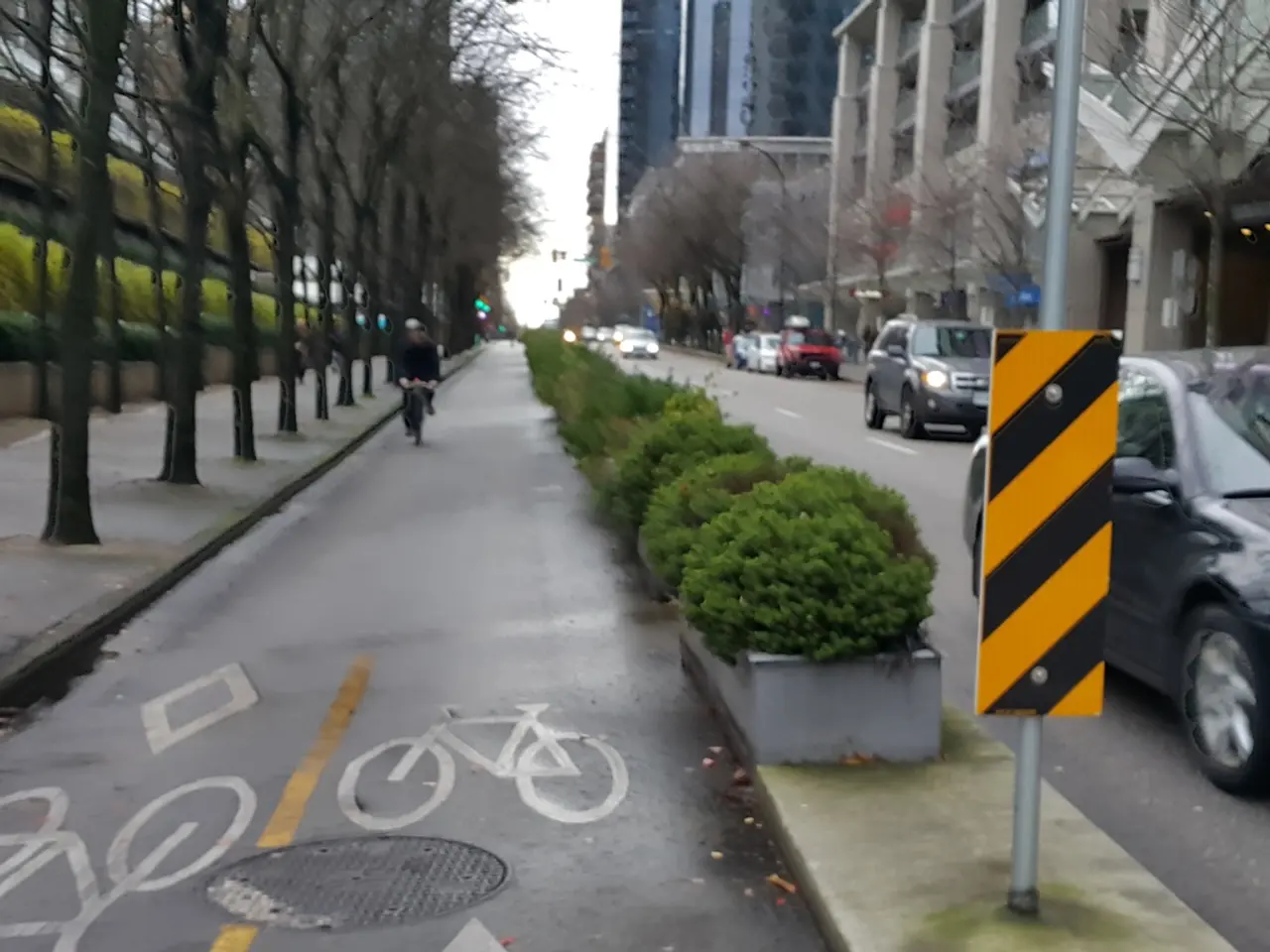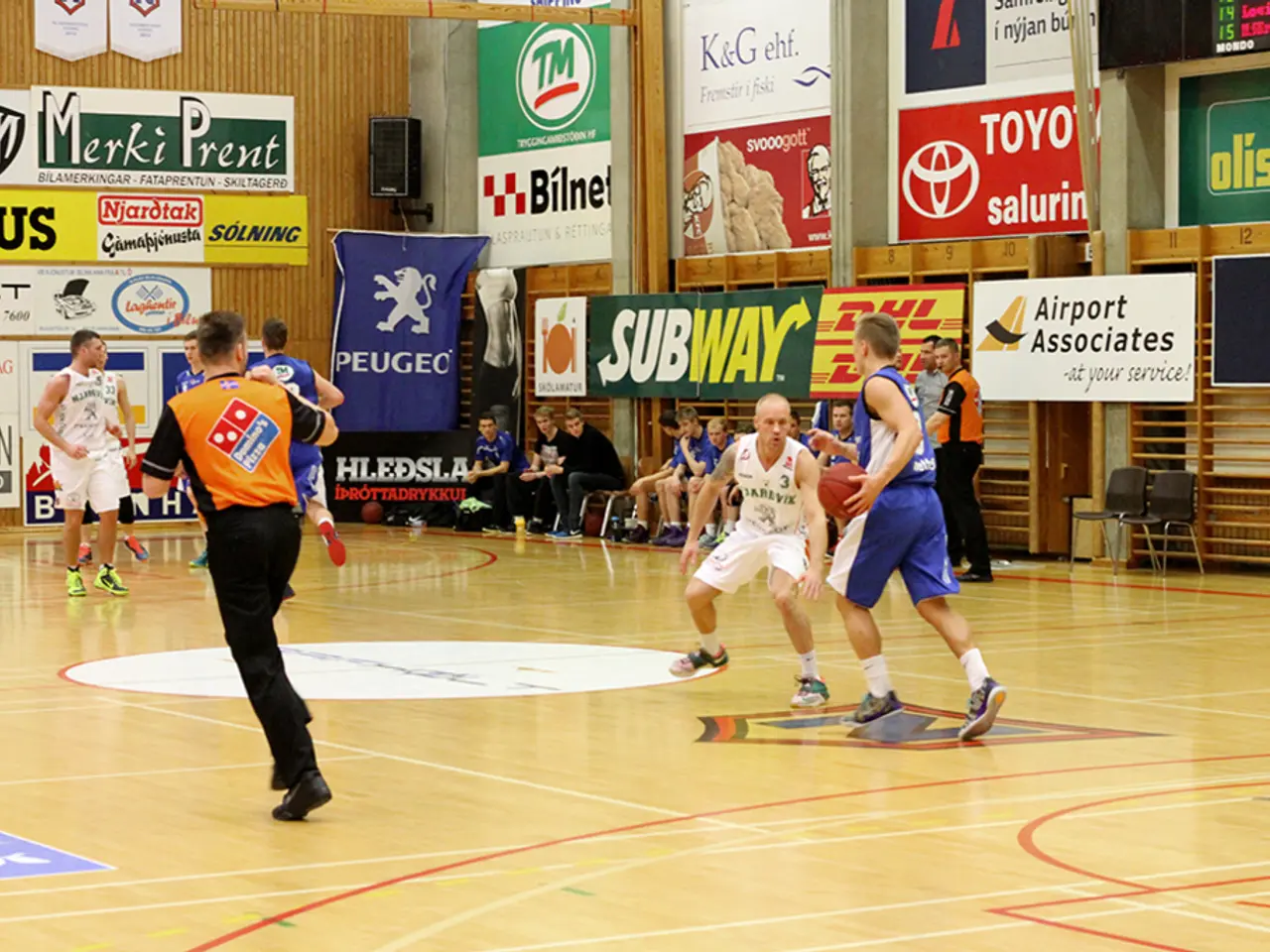Transition in NRW proving challenging
The Ruhr Cycling Expressway project, initiated in 2013 by Transport Minister Michael Groschek (SPD), continues to make progress across North Rhine-Westphalia (NRW). The flagship cycling expressway, RS1, is designed to provide a continuous, high-quality bike route across the Ruhr metropolitan region, connecting ten centers over more than 100 kilometers.
While construction has progressed in segments, with several sections already in use, others remain under construction or in the planning stages. The RS1, in particular, is a work in progress, aimed at gradually closing gaps and improving connectivity for cyclists.
The project's challenges include coordinating across multiple municipalities, securing sufficient funding, and addressing local infrastructural constraints such as narrow urban spaces or areas with heavy traffic. Integrating the expressway with existing road networks and ensuring safety for cyclists in densely populated or industrial zones have also posed difficulties.
Despite these challenges, recent developments are encouraging. The current Transport Minister, Oliver Krischer (Green), opened a new construction section of the RS1 on Wednesday, connecting Gelsenkirchen with Essen-Kray Nord. This new section, 1.5 kilometers long, is expected to be opened to traffic in August.
Moreover, a section of the RS1 in Bochum has progressed faster than expected and could be opened to traffic in August as well. However, it should be noted that only 7.4 kilometers of the planned 275 kilometers of cycling expressways in NRW are fully completed.
In addition to the RS1, the RS5, planned to connect Neuss, Düsseldorf, and Langenfeld over a distance of 26 kilometers, has only 0.4 kilometers finished. A "model section" of 10 kilometers, which is rideable but does not yet meet the cycling expressway standard due to being too narrow in many places and having a gravel surface instead of asphalt, is also part of the project.
The Ministry of Transport in NRW still refers to the RS1 as "on track". Ongoing discussions about the cycling expressway plans in 2022 aim to push them forward, reflecting a broader push in NRW to enhance sustainable transport options.
A Forsa survey suggests that with the expansion of the RS1, up to 52,000 daily trips could be shifted from cars to bicycles in the future. As the project continues to develop, it is expected to provide a significant contribution to sustainable transportation in the Ruhr region.
For the most precise current status and challenges, consulting regional planning documents or NRW’s transport ministry releases would be necessary. The Ministry of Transport in NRW will discuss the progress of the RS1 in their TV program Lokalzeit Ruhr on 30.07.
- The Ministry of Transport in NRW refer to the RS1 as "on track," indicating ongoing progress on the flagship cycling expressway, which is designed to connect ten centers over more than 100 kilometers across the Ruhr metropolitan region.
- The expansion of the RS1, if realized, could potentially shift up to 52,000 daily trips from cars to bicycles, contributing significantly to sustainable transportation in the Ruhr region.







